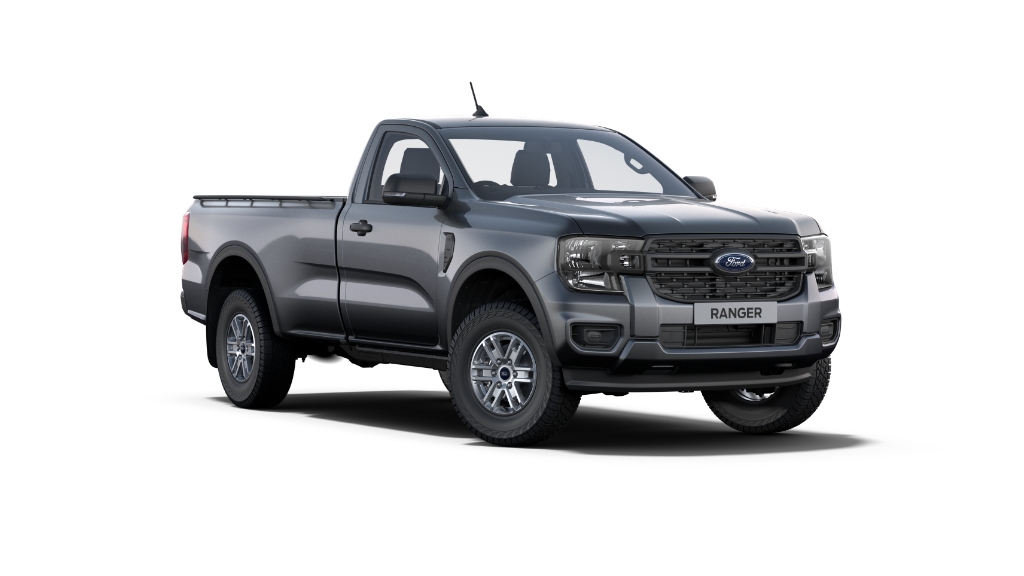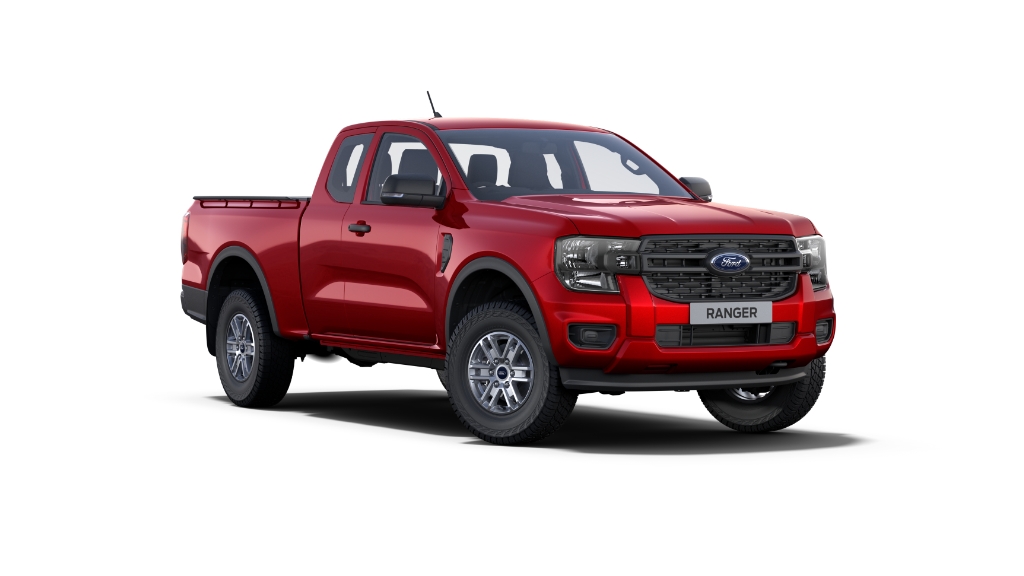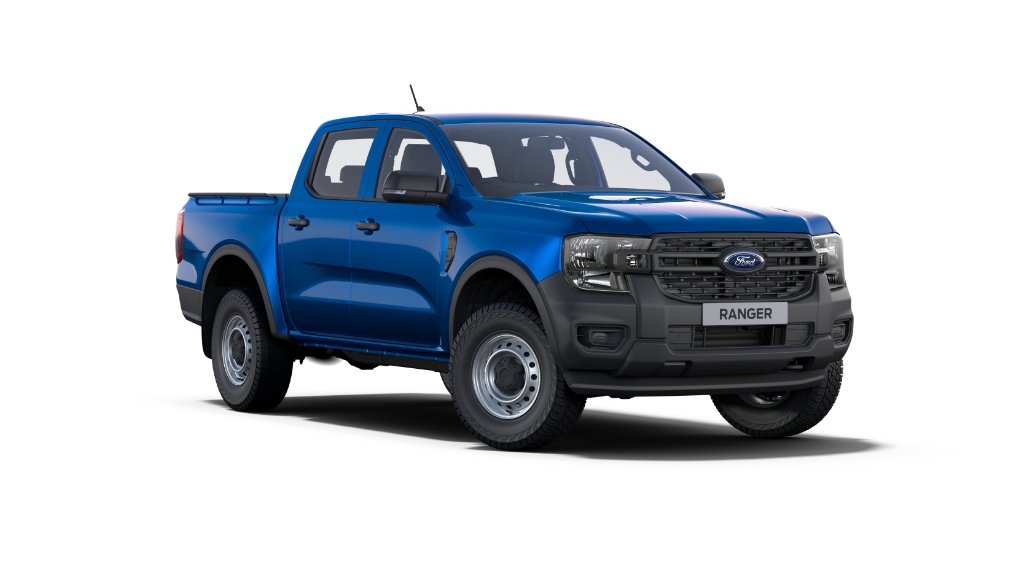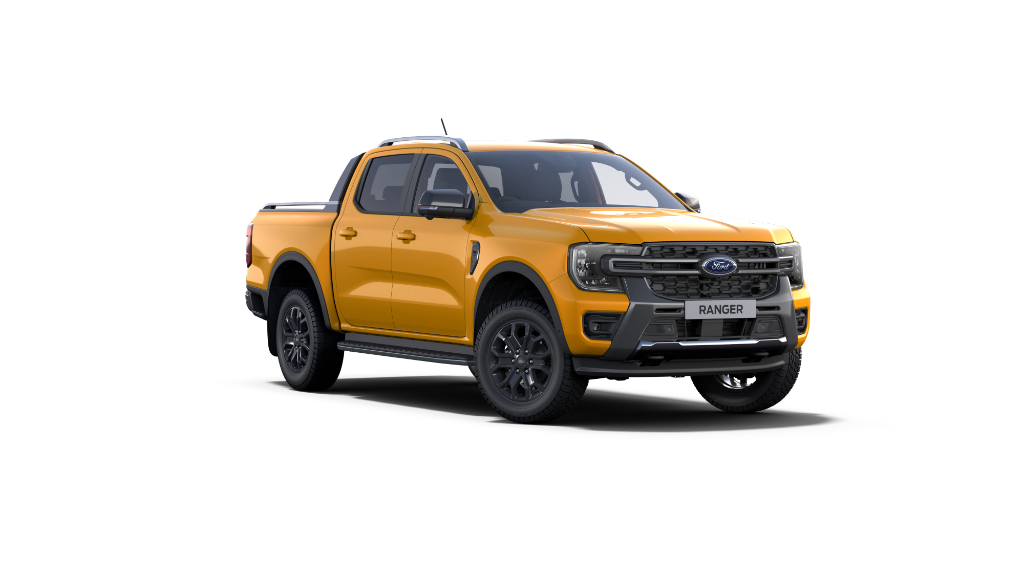Ford news
Game-Changer for Oceanic Studies: FWF and the Ford Ranger Drive Innovation in Marine Research
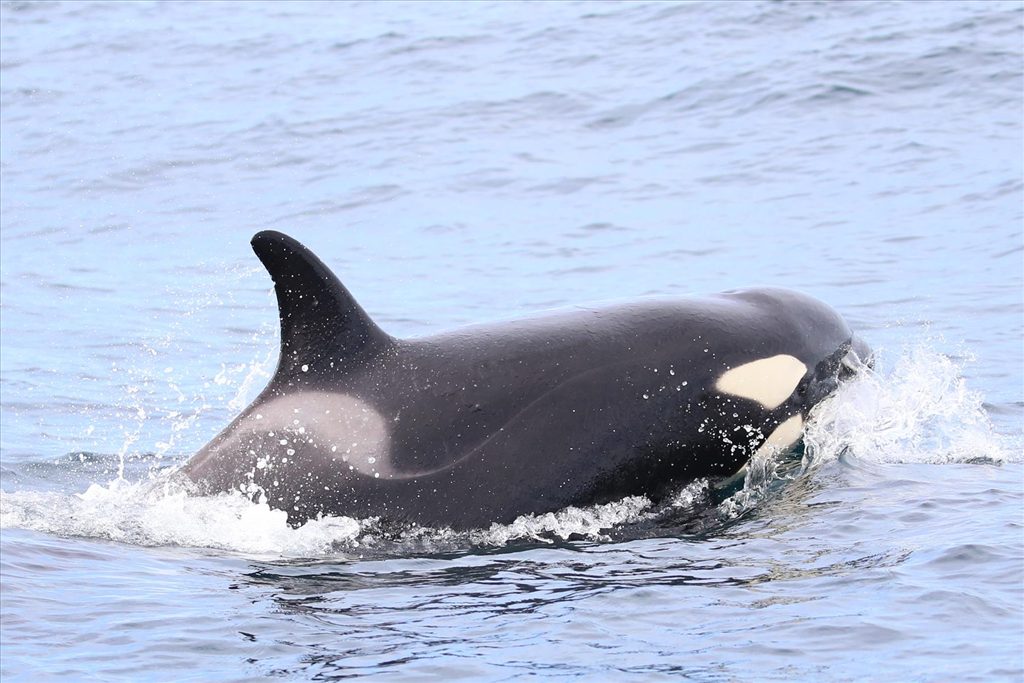
- Ford Wildlife Foundation (FWF) empowers Sea Search Research and Conservation by facilitating advancements in marine research with the assistance of a Ford Ranger.
- Sea Search’s current research spans from Mozambique to Namibia and focuses on various projects, including Cape fur seal colonies and killer whale distribution
- The Ford Ranger has played a pivotal role in facilitating Sea Search’s field operations, enabling crucial environmental impact assessments, surveys, and collaborations.
PRETORIA, SOUTH AFRICA, 23 May 2024 – The Ford Wildlife Foundation (FWF) proudly supports Sea Search Research and Conservation (SSRC) NPC, a leading marine research organisation founded in 2014 by Dr Simon Elwen and Dr Tess Gridley. Through the invaluable assistance of the versatile Ford Ranger provided by the FWF, Sea Search has made significant strides in marine research, and conservation across Southern Africa.
Project overview
Sea Search Research and Conservation specialises in high-quality, internationally recognised scientific research and student training in marine biology. By working closely with industry and government, Sea Search promotes conservation through effective management. “Our mission is to provide crucial scientific insights that can inform conservation policies and practices,” says Dr Simon Elwen, co-founder of Sea Search. “The support from Ford Wildlife Foundation and the reliability of the Ford Ranger have been pivotal in our research efforts.”
Its current research extends geographically from the coastline of Mozambique, around South Africa and into Namibia. SSRC is one of the leading marine mammal research organisations in Southern Africa, with more than 80 peer reviewed publications and nearly 40 years of cumulative experience studying marine mammals and underwater noise around Africa and globally. It is involved in many local and global conservation initiatives including International Union for Conservation of Nature (IUCN) Red List Assessments, The International Whaling Commission, Marine Spatial Planning and Ecologically or Biologically Significant Marine Areas (EBSA) development in South Africa and Namibia, and the International Quiet Ocean Experiment (IQOE) among others.
Two of the main projects SSRC is currently running focus on Africa’s top marine predators – the killer whale and the Cape fur seal. Both these species impact, and are impacted by human activity in different ways.
Cape fur seal
The work on Cape fur seals addresses seal health – these are the most abundant marine mammals in South Africa and live in the largest colonies of any mammal, with up to a quarter of a million closely packed seals found in a single colony. Many of these colonies overlap with endangered seabird colonies and are often located on land where seals may interact with humans and pets. This is a potential recipe for disaster in terms of disease transfer, as has been seen in other locations around the world. Very little is known about the diseases that seals are susceptible to, and whether they transfer across species, or how disease or natural algal toxins may be involved in mass die-offs and behavioural changes.
The Ford Ranger provided by FWF enables the Sea Search team to work with a range of important role players. These include local and national government organisations, academia and Non-Government Organisations to local and international vets to coordinate data collection across multiple study sites.
Killer whale distribution in South Africa
While “Port” and “Starboard”, the infamous shark-eating twosome are well known, much less is known about the majority of the killer whales around South Africa’s coastline. Killer whales are difficult to study locally as they are rarely seen, therefore their movement patterns are hard to predict. SSRC uses citizen science sightings and photographs to help understand distribution and numbers of these enigmatic mammals. Their field efforts focus on ‘fast response’ to sightings in nearshore waters in a bid to catch up to reported pods by boat and collect more detailed behavioural, photographic, acoustic and genetic data, and ultimately to attach satellite tags. The Ford Ranger Double Cab 4×4 supplied by FWF is used to tow the boat to the nearest slipway, where the team launches, and sets off to find the reported killer whale pod.
The only place where killer whales are seen with any regularity around South Africa is close to long-line fishing vessels catching tuna, where some killer whales are sighted as they seize the opportunity to grab a ‘free’ meal by snatching fish. By setting up fishery observers with cameras, and ultimately getting its researchers out on boats, SSRC is starting to identify the animals involved, and learning more about their behaviour, identifying various stakeholders and finding a way to help minimize this conflict.
Stellenbosch MSc student Lindiwe Makapela will be looking at how fishing practices impact ‘depredation’. A broader part of this project is looking at where our killer whales come from, or go to. SSRC also works with PhD student, Aaron Barnes (Stellenbosch), who is using a range of methods from photographic resighting to genetic relatedness to look at population linkages between killer whales around South Africa and the broader South-West Indian Ocean and islands, including South Africa’s Marion Island the French Crozet and Kerguelen Islands.
Vehicle Performance
The Ford Ranger has proven indispensable for Sea Search’s demanding fieldwork. It has reliably transported equipment, personnel, and vessels across challenging terrains, demonstrating its durability and performance.
Dr Simon Elwen emphasises the crucial role of the Ford Ranger, stating, “The FWF Ford Ranger is an essential part of our research toolkit. We regularly pack the Ranger to the gills with people, a field kit, and research equipment, hitch up our boat and head off into the field. The ability to reliably and safely tow the boat and move people and equipment to field research sites hundreds of kilometres from home without having to worry about breakdowns or space is a real relief to us, and the Ranger makes a very real and meaningful contribution to our work in marine conservation in this regard.”
“The Ford Wildlife Foundation is committed to supporting organisations like Sea Search that work tirelessly to protect and preserve marine biodiversity,” says Lynda Du Plessis, manager of the Ford Wildlife Foundation. “We are proud to provide the tools and resources necessary for their groundbreaking research and conservation efforts.”
The Ford Wildlife Foundation’s support, exemplified by the provision of the Ford Ranger, has been instrumental in Sea Search’s advancements in marine research and conservation. FWF remains dedicated to empowering organisations like Sea Search to protect and preserve marine biodiversity through scientific excellence and innovative research.
For over 30 years, Ford South Africa has actively participated in wildlife and ecosystem conservation efforts in South Africa and Sub-Saharan Africa. The Ford Wildlife Foundation was established in 2014, and currently supports 28 projects across South Africa and one project in Mozambique. This comprises 17 conservation projects, seven research projects and five environmental education projects. For more information on the Ford Wildlife Foundation and its supported conservation projects, please click here: https://www.ford.co.za/about-ford/wildlife-foundation/
Original Article: Ford Dealerview

